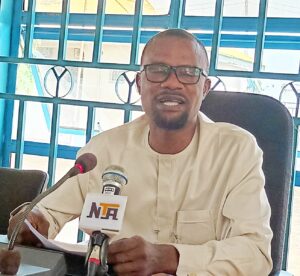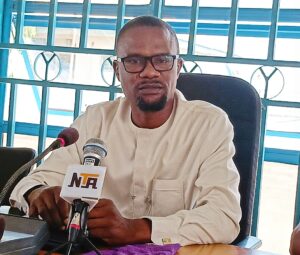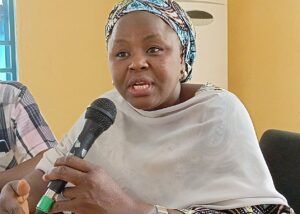A non governmental organization, Association of Civil Society on Malaria Control Immunization and Nutrition (ACOMIN) has called on governments at all levels to provide adequate financial and human resources to supplement international support to eradicate malaria in the country.
While addressing Journalists in Minna on Monday on the Global Fund Malaria Community Led Monitoring Project being implemented by ACOMIN the State Coordinator, Kalejaiye Olasukanmi said, to remove obstacles hindering malaria eradication is to focus on robust environmental management.
Accordingly, he said “Malaria elimination should be seen as project that demands immediate attention. There sh

ould be a separate funding allocation and management for the health sector to help promote continuity, accountability, improve grassroots outreach, intervention and engagementt
“Nigeria should set up and implement a functional malaria surveillance system to collect data on malaria cases and monitor eradication progress.”
He added that, Malaria can only be eradicated in Nigeria when the government feels committed to it as a national responsibility.
It should be noted that malaria is a mosquito-borne infectious disease transmitted by the bites of female Anopheles Mosquitoes.
He also disclosed that, some of the major reasons for the increase in malaria disease is the presence of drug-resistant species of the vector mosquito, the preponderance of enabling environments such as poor living conditions, and the inadequacy of primary health infrastructure to treat the disease.
“Underfunding of the health structure, limited access to healthcare, program inconsistency, and lack of oversight. political, social and economic structures of Nigeria and the inadequate efforts to educate the public,” he said.

Kalejaiye while responding to questions, said “the use of Insecticide-Treated Nets (ITNs) is crucial as they serve as physical barriers against mosquitoes, reducing the risk of infection, particularly for vulnerable groups like pregnant women and children under 5.
“There is the urgent need to eliminate potential breeding sites by emptying, covering, or treating containers that hold water, such as buckets, flowerpots, and discarded car tyres. Proper maintenance of drainage systems is also vital to prevent stagnant water accumulation”.

Also, the state Malaria Program Manager, Niger state Ministry of Primary Health Care, Amina Zimro Edward said the despite the challenges faced, the government is doing its best to ensure the eradication of malaria.
According to her “the government has implemented plans and is doing all it can to ensure health workers are trained and equipped to combat the menace.”

















